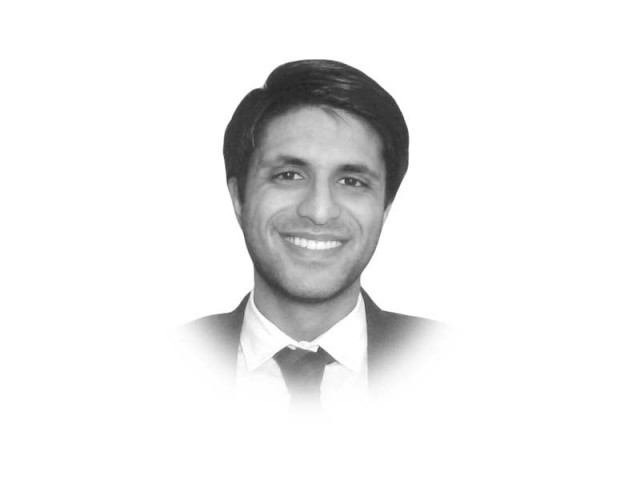
Towards the end of the 19th century, several thousand cameleers from South Asia were recruited to Australia, during the development of the outback, predominantly from the aforementioned nations. And today, there are thousands of Australians who identify themselves as Pakistani or Afghan-Australian, in various fields, disciplines and jobs. Several international students from Pakistan studying in Australia and hundreds of Afghan refugees have made Australia their permanent home.
The ‘Afghan’ cameleers significantly contributed in discovering the Australian outback for the European settlers as early as the 1860s, up until the 1900s. The camels themselves were of substantial importance, as they were necessary for exploration and transport, and their handlers were central to these discoveries too, as they managed the wellbeing and survival of these camels. Contrary to popular belief though, if one reads into history, the cameleers were hired within regions ranging from Peshawar all the way to Karachi, which included people predominantly from modern-day Pakistan (British India, at the time), and hailing from a diverse set of ethnic communities, including Pakhtuns, Punjabis, Sindhis and Balochis.
As is the case with migration, the cameleers brought along their culture and common belief to the shores of Australia — Islam. They built the first Australian mosque in Marree, South Australia, and some also married into the communities of Aboriginals and Europeans. Today, if one knows where to look, they can find information and details on some cameleers buried within town libraries and cemeteries, such as Dost Mahomet and Zeriph Khan.
Due to the classification of these people at the time as ‘alien non-citizens’, many of them made their way back home. And due to these return journeys, knowledge of this fascinating relationship between the three nations is almost forgotten and unheard of in Australia today. The history of the cameleers is shrouded in the past and remembered in a rather meaningless manner through the Ghan Express and other minor monuments, which is of course, very unfortunate. However, after the dismantling of the White Australia policy and in recent years, thousands of Afghans and Pakistanis have settled in Australia and continue to reside here temporarily.
A large number of Afghans fled Afghanistan after the Soviet invasion and the Taliban era, making their way to Australia, often through Pakistan and Iran. Today, this community makes up a substantial part of Australia’s South Asian population. They own several small businesses such as restaurants and grocery stores, and have been awarded accolades by the Australian government as well. Akram Azimi, a youth mentor and philanthropist was awarded the Young Australian of the Year award 2013. Other notables include BBC broadcast journalist Yalda Hakim and entrepreneur Saad Mohseni, who runs the one of the largest Afghan television networks — TOLO.
Similarly, many Pakistanis have made their way to Australia, more recently through the permanent-residency points system, as a means to pursue careers in their respective disciplines (mainly medicine, finance and information technology), while escaping the volatile security situation in Pakistan. Several Pakistani-Australians are making a name for themselves in sports, including Australian cricketers Usman Khawaja and Fawad Ahmed. Additionally, there are several Pakistani-Australian academics and political commentators like Hanifa Deen and Irfan Yusuf. The Greens MP Mehreen Faruqi is also Pakistan-born. Members of this community are growing significantly in arts and entertainment as well, with Zohab Khan being crowned the Australian Poetry Slam champion, 2015.
Along with this large community, over 11,000 Pakistani students are now enrolled in Australian universities, mainly pursuing postgraduate degrees. And this number is increasing substantially every year. Thanks to these growing numbers, Australian universities now boast a large set of Pakistani student associations, such as the University of Queensland Pakistani Students’ Association and University of Sydney PakSoc. With young Afghan-Australians now reaching university age, a rise in student associations within the Afghan community is also likely, as is the case with the recent formation and success of the Afghan Students’ Association at the University of Queensland.
It seems that through globalisation, political turmoil and The Australian Dream, the historical links between these South Asian nations and Australia have seeped their way back into the contemporary era. The people of these two countries are increasingly contributing to modern-day Australia just as their forefathers had done over a hundred years ago. Therefore, with the growing fear of radicalisation within Australia, particularly amongst communities such as these, I believe it imperative that the Australian government provides these communities with exposure to the government, progressive support and development as members of Australian society, and most importantly, platforms that enable the continued embodiment of the Australian way of life.
Published in The Express Tribune, July 24th, 2015.
Like Opinion & Editorial on Facebook, follow @ETOpEd on Twitter to receive all updates on all our daily pieces.







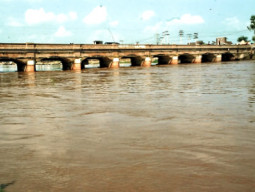
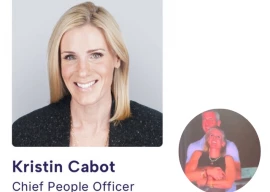

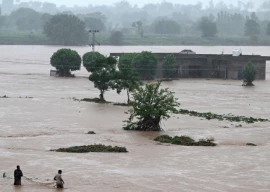
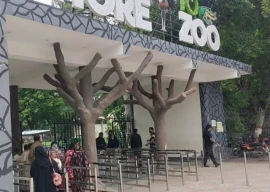


COMMENTS
Comments are moderated and generally will be posted if they are on-topic and not abusive.
For more information, please see our Comments FAQ